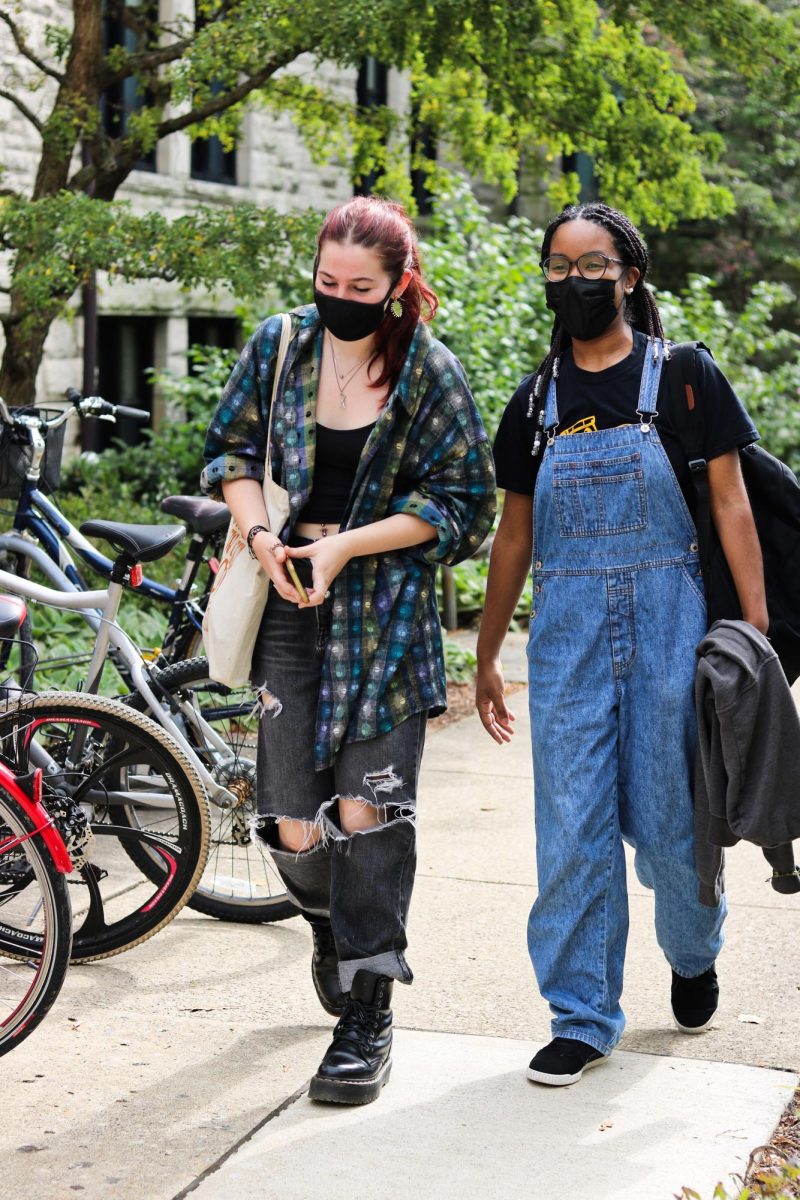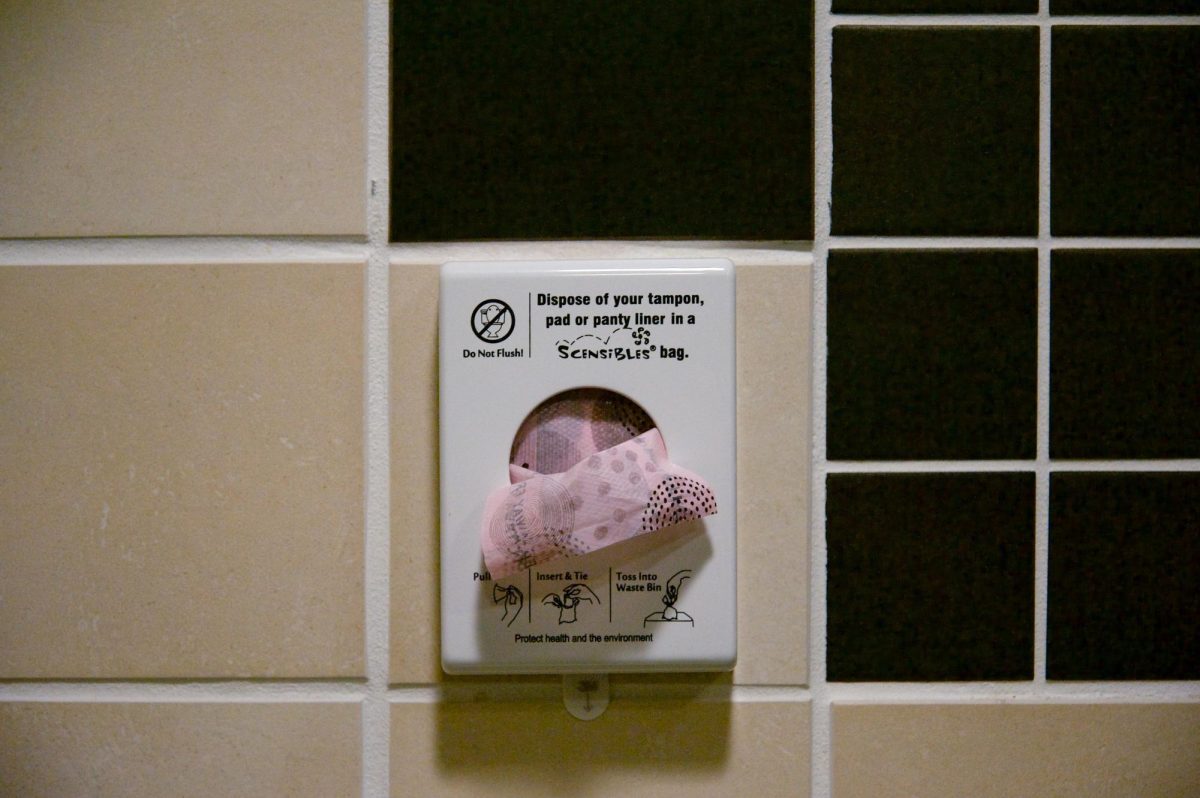Post-Thanksgiving break, you can feel the anxiety and dread within the walls of Oberlin College. The event that we all anticipate yet hate is dawning on us: finals. Like most colleges and universities across the country, finals at Oberlin are summative assessments for your courses, often the largest projects of the semester. Unlike other assessments during the school year, they all fall within a five-day period — this year from Dec. 17–21. Finals are preceded by reading period — four days designed to be solely dedicated for students to study and prepare for their finals. Official sports practices stop, club meetings become rare, and Mudd Center is filled with students until midnight. The usual Oberlin student body, which enjoys overwhelming themselves with as many social activities and extracurriculars as possible, becomes entrenched in academics. While the entire ordeal only spans nine days, it is one of the most exhausting and hated experiences I have been through at Oberlin.
My first semester last year, I heavily relied on reading period to prepare for my final assessments, as many students do. Classes, my extracurriculars, and playing a sport had made the idea of preparing early for finals seem daunting. I told myself that I would be able to write the majority of my essays and study for my tests during reading period. I woke up each day at 8 a.m. and studied until 1:30 a.m. in Mudd Center, the Science Center, or study rooms. I took breaks only to eat or go for a short walk. Every three hours, I took an Advil to help alleviate my stress headaches, and had at least two coffees a day to keep my mind awake. Once this awful period finally ended, I returned home and slept for 13 hours and found myself painfully sick for the next two weeks. I unfortunately did not learn from my mistakes, repeating a similar process in my second semester.
The extreme stress and exhaustion I felt during reading period and finals is not a rare experience. Talking to many of my friends at Oberlin, they too feel an incredible amount of pressure, not to mention the culture which encourages this and a hard work ethic during reading period and finals across colleges and universities in America. The American Addiction Association found that 89 percent of students felt stress for exams and 74 percent said studying brought them stress in a 2022 survey.
Apart from being a stressed-out student, I serve as the Health, Safety, and Wellness Liaison on Student Senate. When discussing potential Health and Wellness events with Dean of Students Karen Goff, Title IX Coordinator and Director of Equity, Diversity and Inclusion Rebecca Mosely, and Director of Student Health Promotion and Prevention Services Tara Woods, Woods suggested the idea of hosting activities and workshops centered on helping students de-stress during reading period. The idea was immediately compelling to me, as I had both felt and witnessed the extreme stress on students’ mental and physical health. De-Stress Fest, which will take place Dec. 13–15, will consist of education workshops surrounding physical and mental health, fun de-stressing activities for students, and tabling within Wilder Hall. The event is being supported by many offices, including the Dean of Student Offices, Student Health Promotion and Prevention Services, and Student Senate.
While reading period may be accepted as a period of high stress and non-stop work, it can have detrimental consequences. Jennifer Graham-Engeland, professor of Biobehavioral Health at The Pennsylvania State University, who researches the effects of psychological stress on physical health, stated that, “There are many ways in which stress can manifest [and] impair health and well-being.”
Within De-Stress Fest, there will be many fun and lively activities which we hope will help students relieve some of this stress and find joy. Some events include tea and therapy, bracelet making, art therapy, and graham cracker decorating. These activities are meant to serve as a study break and a way to decompress your mind and body.
As Graham-Engelhand continued, “[a] common response to stress is to get less sleep and hygiene.” Taking care of one’s physical health is just as important as taking care of your emotional health during finals week. There will be a workshop on sleep hygiene to address this issue. Additionally, there will also be workshops around alcohol education, grounding techniques, and breath work and mindfulness. It’s important to understand that these workshops, along with educating students on taking care of themselves, will hopefully help them be the best students they can be, as psychological and physical stress can gravely affect one’s ability to be themselves.
Despite the narrative that finals must be a time of sacrificing physical and emotional well-being, it’s important to note that doing well in academics should not mean negating your mental or physical wellbeing. I encourage all the students reading this article to go to some of the many activities and workshops being offered during De-Stress Fest.





